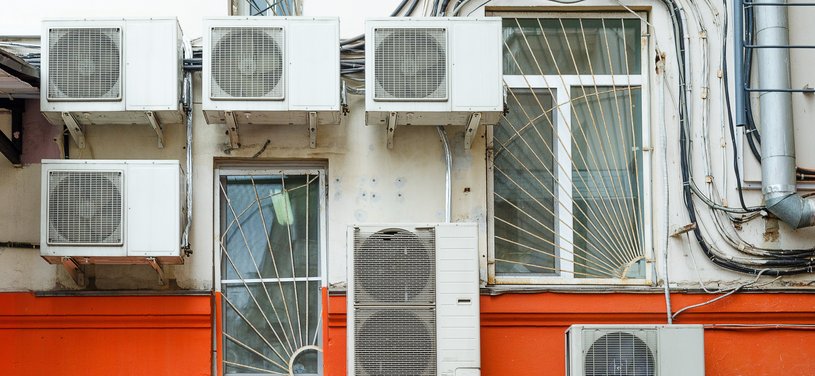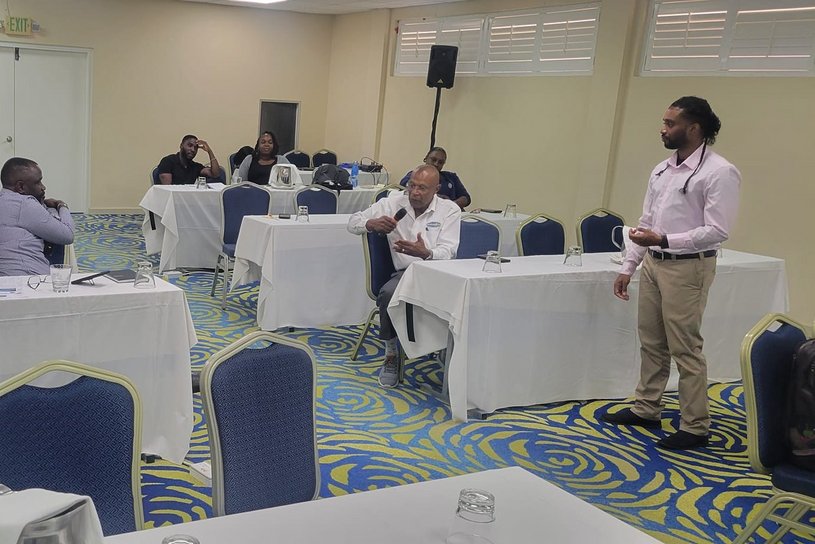Grenada solidified its commitment for a market transformation to energy efficient and climate friendly cooling solutions with the successful hosting of a workshop on the establishment of a Product Registration System for Cooling Equipment.
The workshop, held in March 2024, presented a potential set-up and implications for stakeholders regarding a Product Registration System in Grenada. Discussions centered on monitoring which products are sold in the market to ensure compliance with national policies, fostering an exchange of information and experiences, and reducing barriers to trade and compliance complexity for importers and manufacturers.
A Product Registration System for Cooling Equipment is a crucial instrument to monitor the uptake of highly efficient appliances. This system serves as a tool to capture specific information on products, underpin policies or programs, and provide an initial compliance gateway for products entering the market. Product registration systems offer a myriad of benefits, including increased incentivization of more efficient products, reduced workload and costs for applicants and regulators, and fostering an exchange of information and experiences among countries to pursue proactive policy revisions as markets evolve. Further information on PRS: Product Registration Systems - United for Efficiency (united4efficiency.org) (opens in a new window)
Now there is an infobox which gives more info about the workshop
The workshop was organized by the National Ozone Unit in the Ministry of Climate Resilience, The Environment & Renewable Energy and supported by the Cool Contributions fighting Climate Change II (C4 II) (opens in a new window) project. C4 II is implemented by the Deutsche Gesellschaft für Internationale Zusammenarbeit (GIZ) GmbH and funded by the German Federal Ministry for the Environment, Nature Conservation, Nuclear Safety and Consumer Protection (BMUV) as part of the International Climate Initiative (IKI).

 Image: Shutterstock
Image: Shutterstock